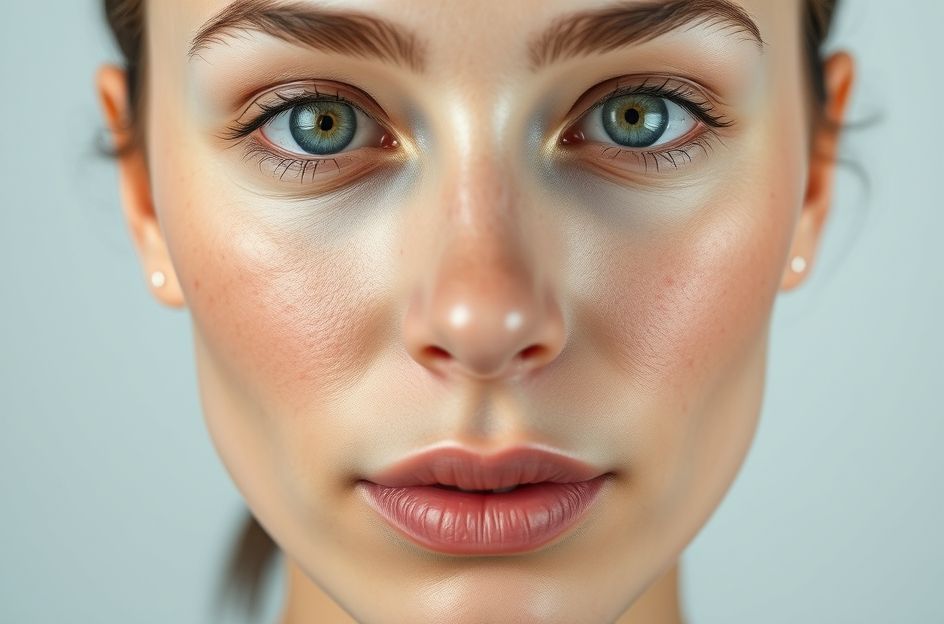Adult acne can significantly impact self-esteem, shattering the myth that acne vanishes after adolescence. While many associate acne with teenage hormone fluctuations, the reality is that adult acne affects a substantial portion of the population. Studies reveal that approximately 25% of men and 50% of women experience acne as adults, proving that it can affect anyone. Even infants can develop acne within weeks of birth, highlighting the widespread nature of this skin condition.
To understand acne, it’s crucial to differentiate between fact and fiction. Sebum, a natural skin oil produced by sebaceous glands, plays a central role. When pores become clogged with sebum, dead skin cells, and bacteria, lesions characteristic of acne develop. These lesions, known as comedones, manifest in two primary forms: whiteheads and blackheads.
Whiteheads are closed, bulging pores filled with trapped debris, often exhibiting a white appearance. Blackheads, on the other hand, are open comedones where the trapped material is exposed, resulting in a darkened follicle mass. Both are commonly referred to as pimples or zits.
Less common are microcomedones, or papules, which are small, often unnoticeable comedones resulting from cellular reactions. In more severe cases, acne can manifest as pustules, nodules, or cysts.
Pustules resemble comedones but are larger due to a higher concentration of pus (dead white blood cells) within the plugged follicle. Nodules are deeper, more severe papules that extend into skin tissue, causing inflammation and pain. Cysts, the most severe form, are large, fluid-filled sacs stemming from pustules or nodules.
While typically not life-threatening, acne can cause scarring and disfigurement. The exact causes of acne are still debated among scientists and doctors. Current theories suggest a combination of factors including genetics, hormonal fluctuations, and stress. While diet was previously considered a major factor, recent evidence points to hormones and stress as more significant contributors.
Fortunately, effective acne treatments are available. While a magical cure may not exist, various approaches can significantly minimize breakouts or prevent them altogether. Consulting a dermatologist is recommended to determine the best course of action for your specific skin type and acne severity. Treatment options range from topical creams and cleansers to oral medications and therapies, offering hope for clearer skin and improved confidence.
